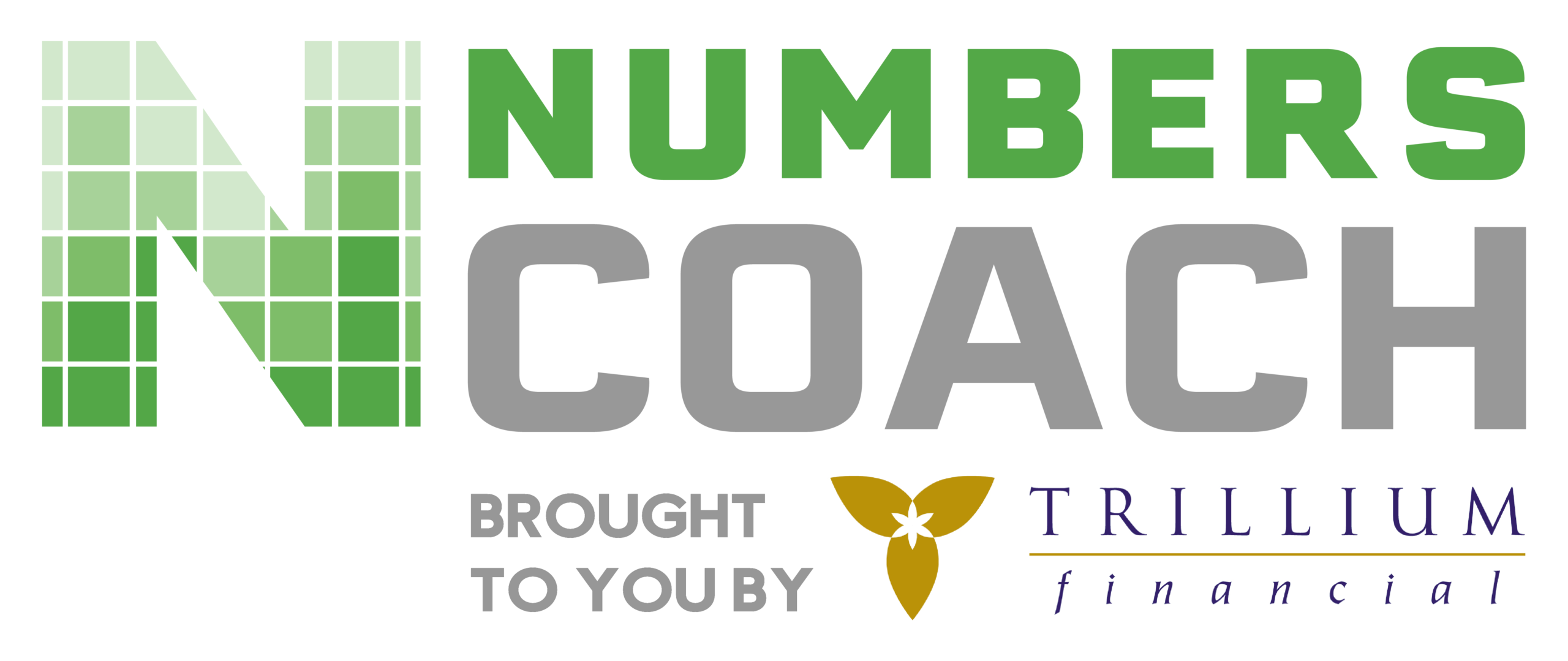It’s that time of year: The time when businesses and individuals wind up the current year and begin to plan for the new year.

Part of the yearly business planning process should include tax planning, since the reality is that paying taxes will always be a part of your business. Or as the saying goes, “Nothing is certain but death and taxes.” (We will just stick with taxes here!)
Below are 10 ideas for tax planning that might be beneficial, depending on your circumstances. We update or add items based on recent legislation. (Of course, always check with your tax accountant, as they are the expert when it comes to tax advice.)
10 Tips for 2026 Tax Planning
- Accelerate/defer income or deductions. At times, you can control the timing of income or expense payment. Shifting income or expenses can be beneficial to help lower your tax burden.
- Harvest capital losses for individuals. Capital losses can be offset against capital gains. Do this where it makes sense.
- State income tax. Consider the Pass-Through Entity Tax Deduction if you are a pass-through entity like an S-Corp or Partnership. An entity level state income tax can be federally deducted at the entity level and bypass the $40,000 SALT deduction limitation.
- Take advantage of tax credits to lower state income tax. These credits can be used for job creation, research and development, and training.
- Charitable donations timing. Determine what timing makes the most sense depending on the income/profits you expect to generate for the year. There are limitations on these deductions and your tax advisor can best figure out what works for you. Non-itemizers can claim deductions up to $1,000 for singles and $2,000 for married couples. Here at the Numbers Coach, giving back to our community is one of our cornerstone business goals.
- Make your estimated tax payments. Make sure you are paying your estimated taxes if you earn income outside of your salary or if you are a business owner with pass-through income from your company. An S-Corp or LLC will have pass-through income to its shareholders. Failure to pay estimated quarterly taxes can result in penalties and interest.
- Carefully select your accounting methods. This is often overlooked at the start of a company or even as it is in operation. Determine whether cash or accrual basis accounting is best for your business model. It’s not always obvious and your tax advisor can make sure it’s the most beneficial for your circumstances.
- Section 179 Expensing Deduction & Bonus Depreciation. A business can write off 100% of the cost of equipment (land and buildings are excluded).
- Qualified Business Income Deduction (QBI). For flow-through entities (partnerships, limited liability companies, S-Corps) there is a 20% of income deduction with certain limitations.
- Contribution to Retirement Plans. You can take a tax deduction of the lesser of $70,000 or 25% of an employee’s compensation for contributions to a 401(k), SEP IRA, or KEOGH.
Just a few tips to think about as you close out this year and plan for 2026. Let us know if we can help with your financial planning, or check out our Financial Planning Tool Kit.
Here’s to a healthy 2025 year-end and a profitable 2026!
Mike
